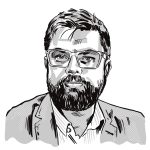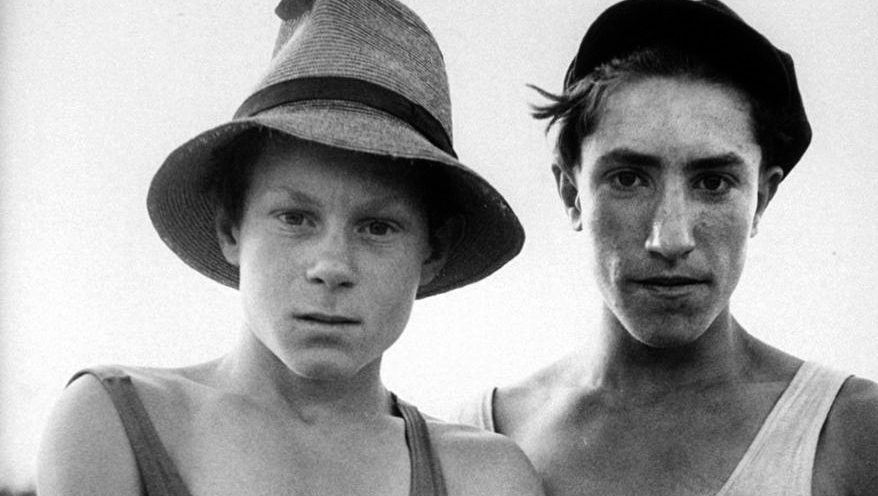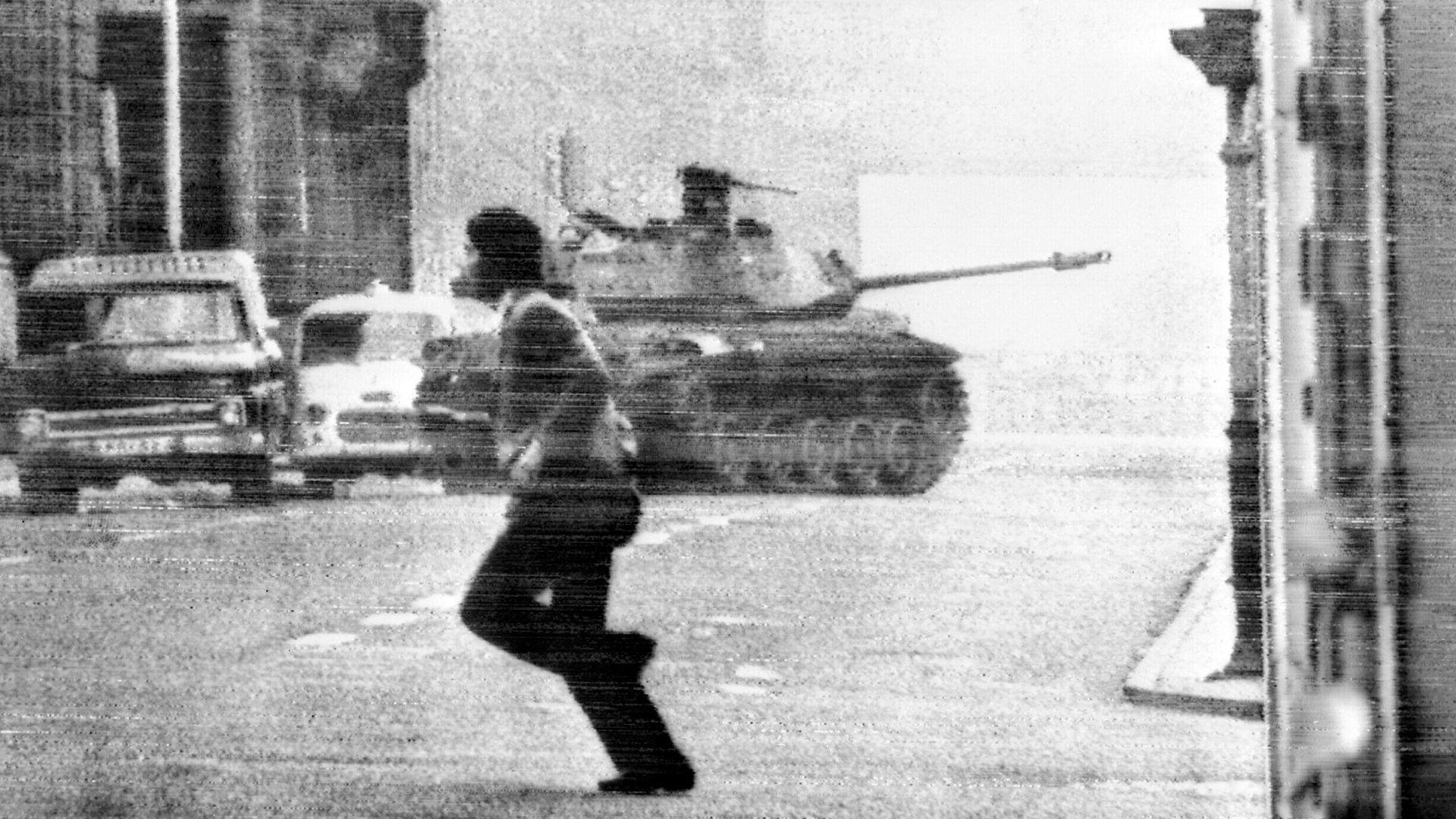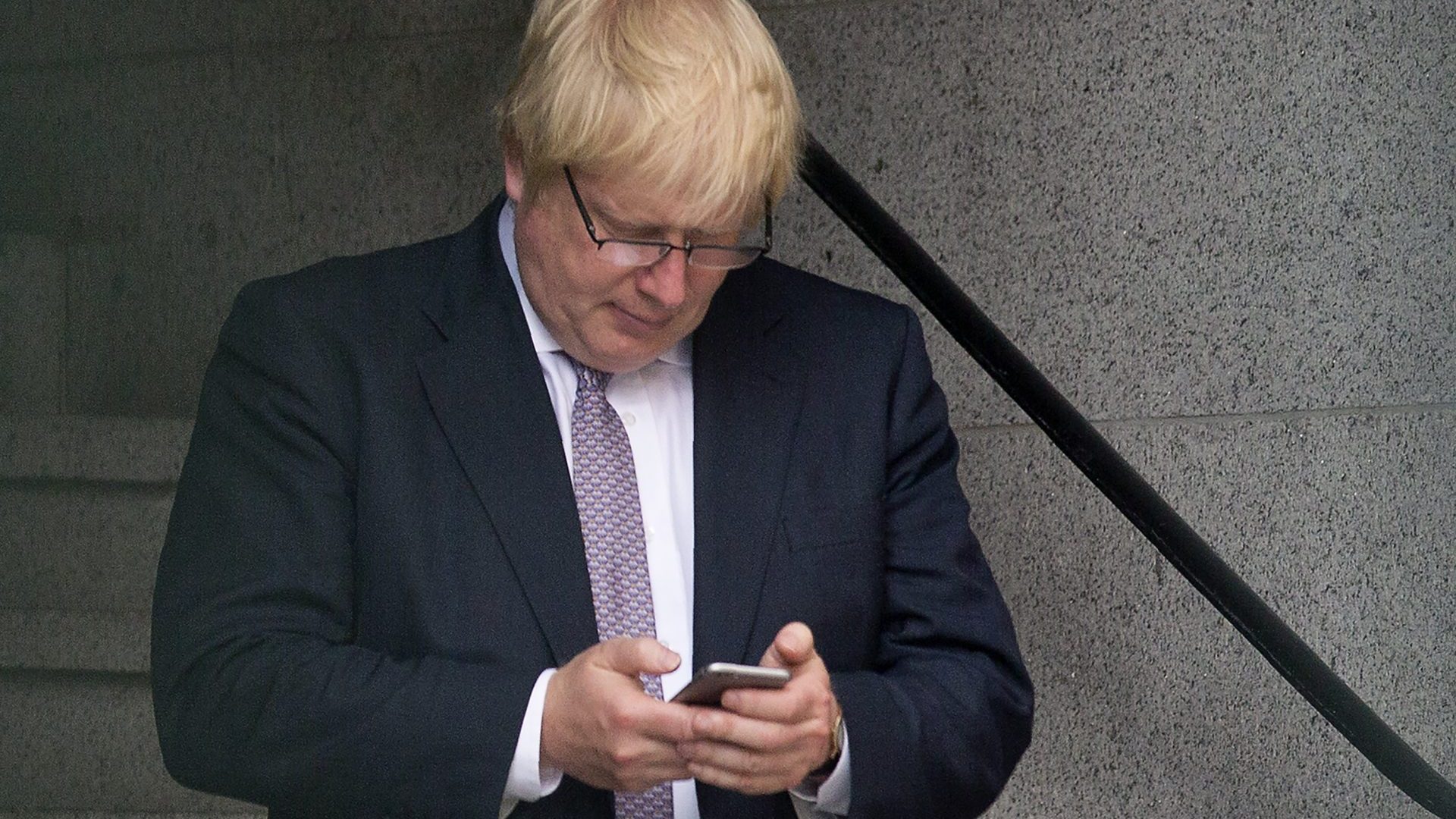Yuri Kutschuk was born on the run and he shot his way back home. Famine chased his family from Ukraine in the winter of 1921, when he was just a few weeks old. Fascism then chased them from Milan and Berlin, and looming war chased them from their haven in Mumbai. In 1939, via Yokohama, Yuri arrived in New York.
By the time he returned to Odessa two decades later, Yuri had been to Buffalo, where he had seen a rodent bite off its own tail to escape a trap, and he had been to London, where he had seen Queen Elizabeth II crowned. His name was now Jerry Cooke, and he was on his way to being remembered as “the closest thing to James Bond the photography world has ever seen”.
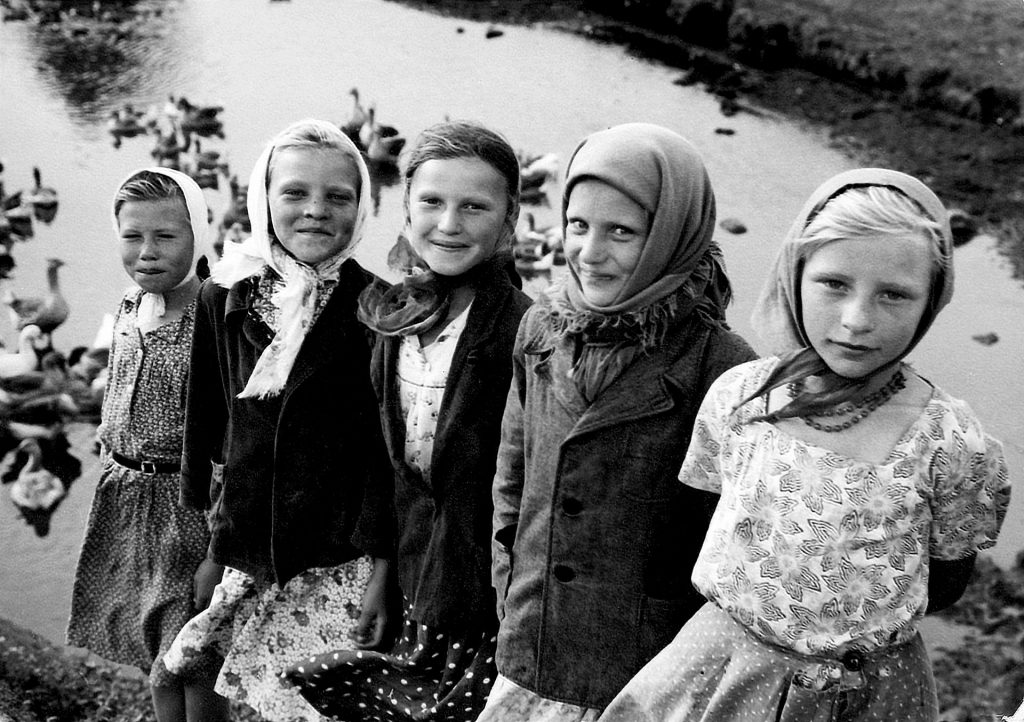
The photos Cooke took in Ukraine as the 1950s turned into the 1960s are stunning. If his adopted homeland was standing on the edge of the new frontier, his original home seems nearer to the old one: a female farmworker in the fields with a sickle, two boys in stained vests looking as if they have stepped into the frame straight from the Great Depression. At Kiev’s Dynamo sports school he pictures young athletes; on the beach, he finds a sunbather with a tattoo depicting Lenin, Marx and Engels.
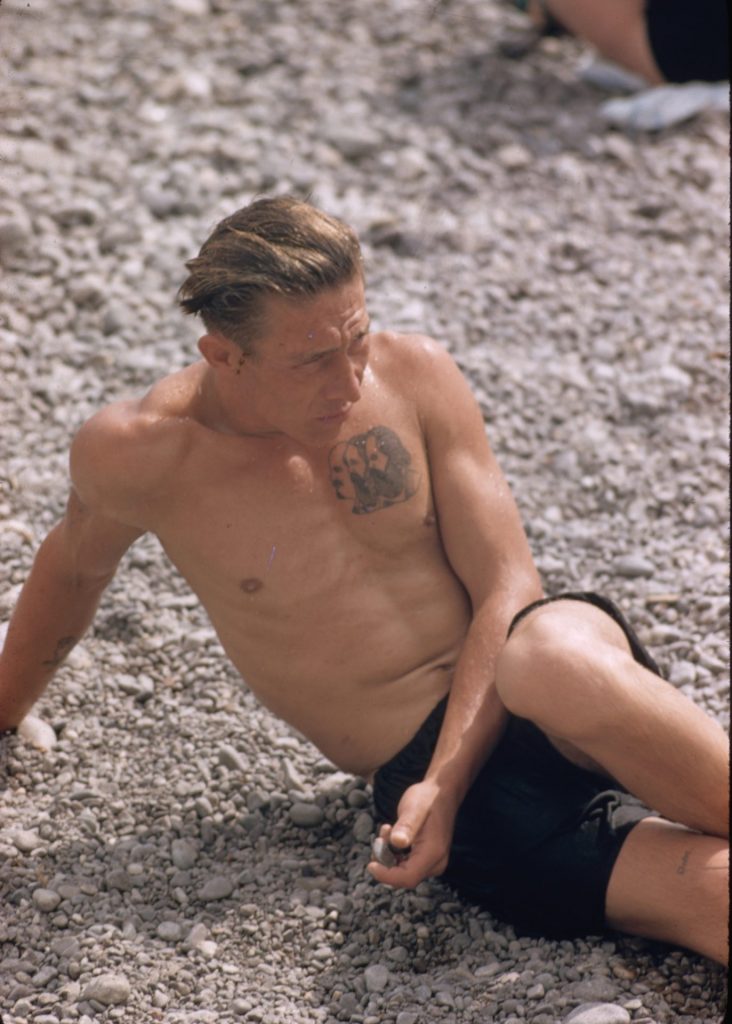
How did he find his way back? In New York he was gifted a Rolleiflex camera by his aunt, Cecile Kutschuk, and within a year had joined her at the PIX photographic agency as a darkroom junior.
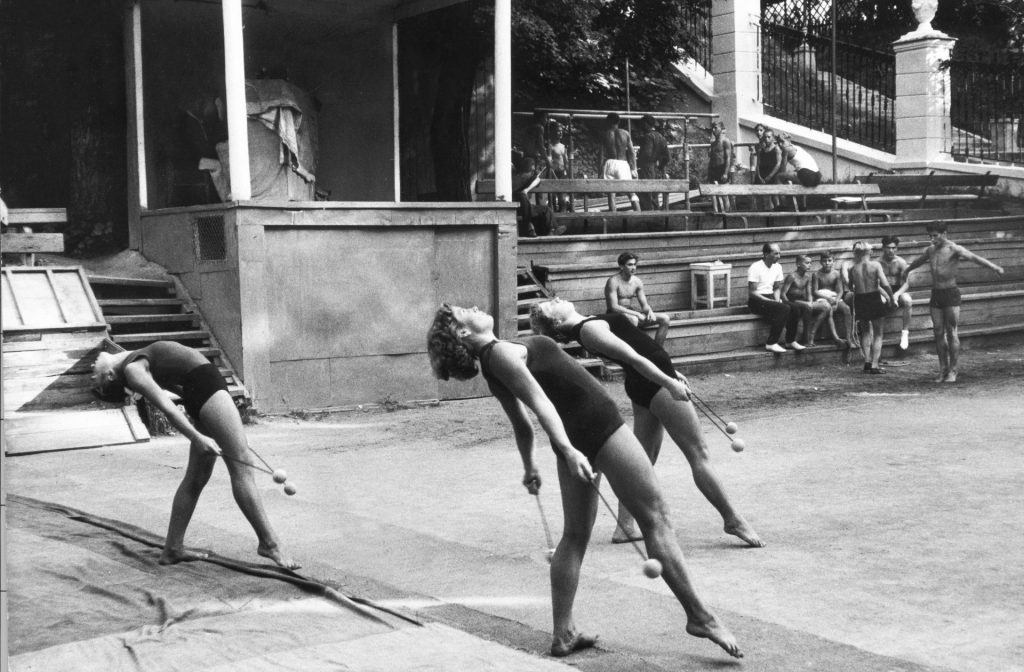
A solo assignment for LIFE magazine produced the rat photo, raising Cooke’s profile. His travels resumed in 1948 with a trip to the fledgling state of Israel, while work for magazines including Time, Fortune and Sports Illustrated took him to Wimbledon, the Olympics and post-Stalin Moscow.
He picked up the James Bond sobriquet for the style with which he travelled. “He spoke five languages fluently: German, French, Italian, Russian and English,” said his colleague Neil Leifer. “He could cover an event wearing a sports coat and slacks. He never got dirty. He was a gentleman photographer.”
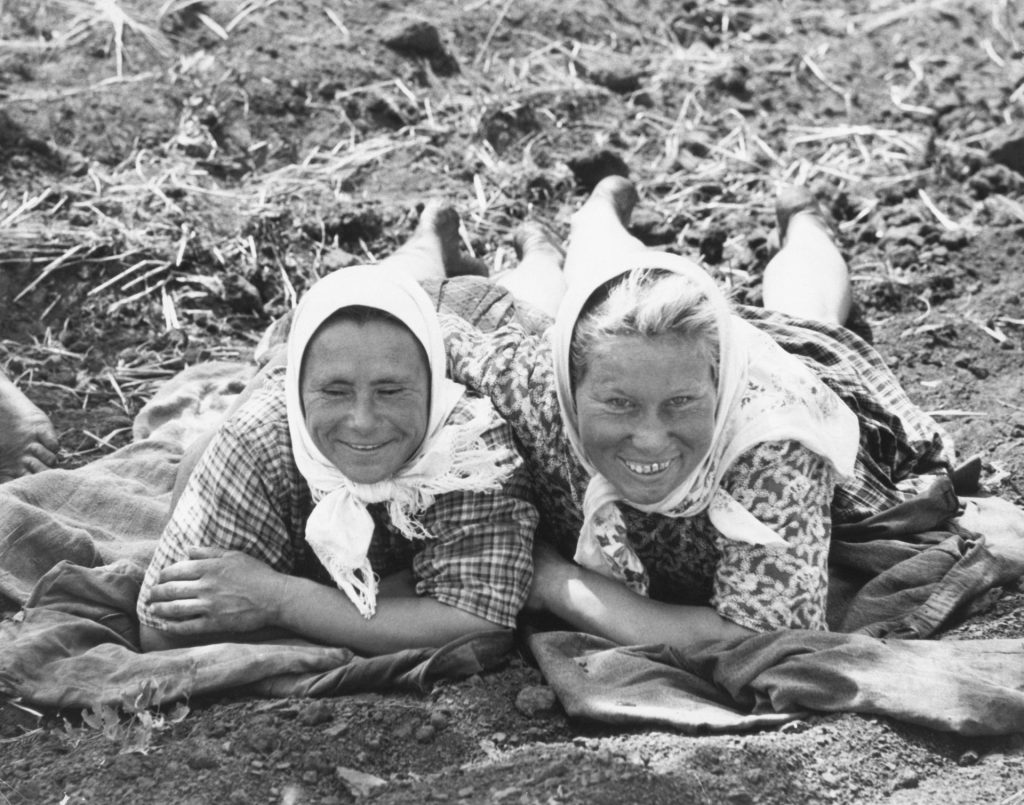
Cooke continued to work in sports photography, attending 16 Olympics and 42 Kentucky Derbies, and launched his own agency, focusing on environmental and animal photography. By the time of his death in 2005, Cooke had visited five continents and over 100 countries.
Yet things might have been very different. “When I got through with school… I had to get a job of some kind. And I had these two offers. One of them was from a life insurance company down on Wall Street, one of the big ones, maybe Equitable – it doesn’t really matter. I was going to start there and they were going to pay me $10 a week.
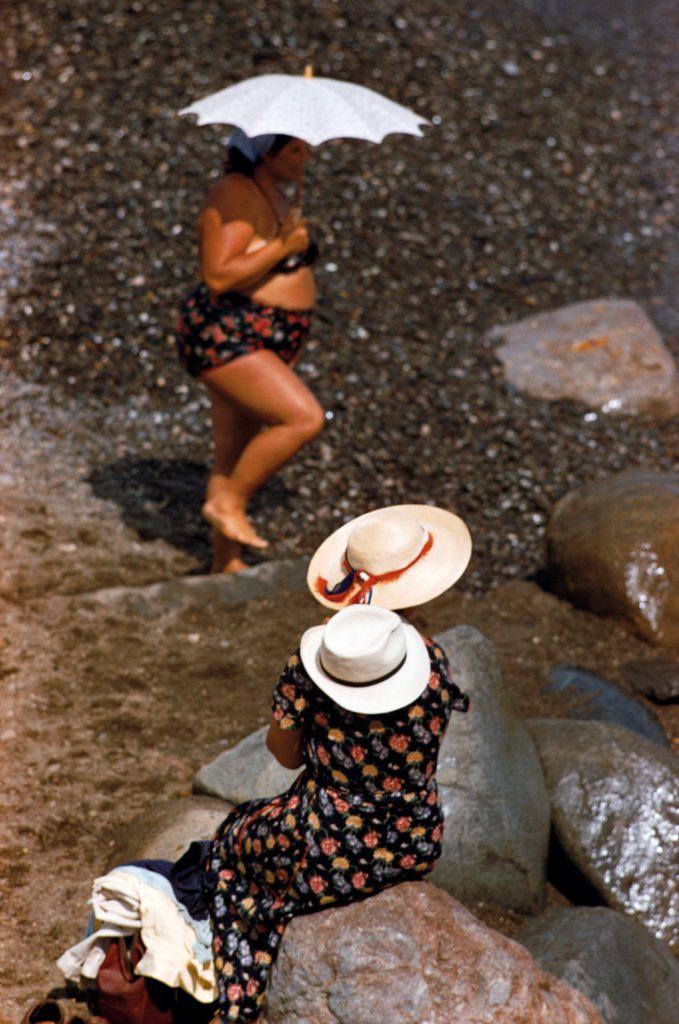
“Then I had this opportunity to start in this darkroom, and they were going to pay me $6 a week. So I decided to take the job with the life insurance company. I went down there at the appointed hour; it was a Monday morning. And the guy I was supposed to see wasn’t there… I left and took the other job.”
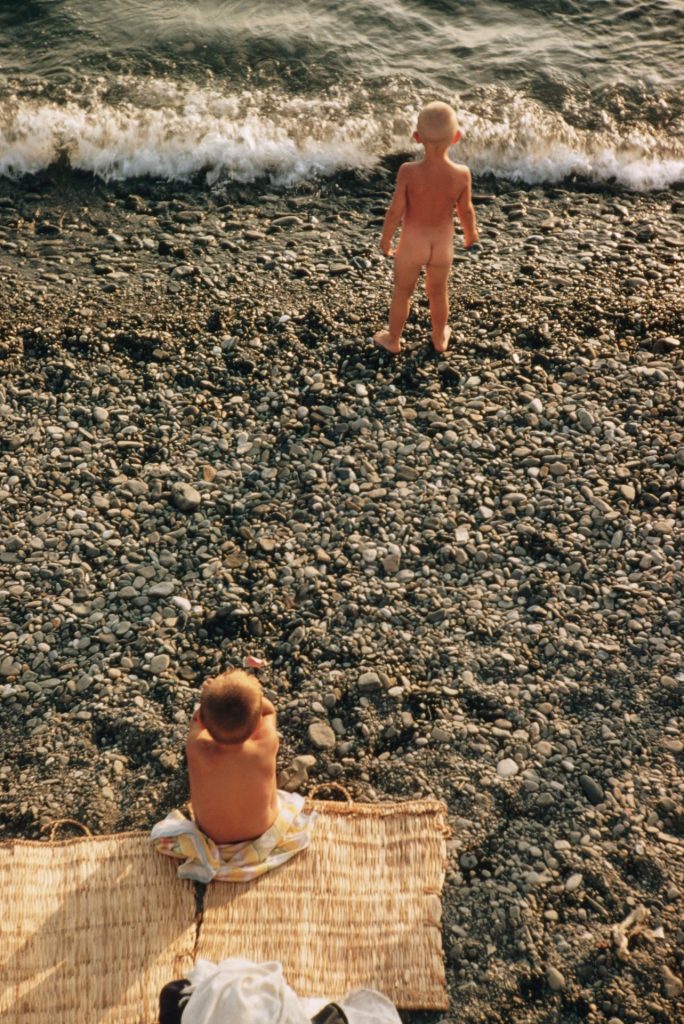
Photography, he said, turned out to be “a lot of fun and an incredible amount of travelling, and I learned a lot. I think I can discourse on – except possibly for the health of hippopotami – almost anything I’ve dealt with because of this profession, anywhere. That’s pretty good, if you think about it.

